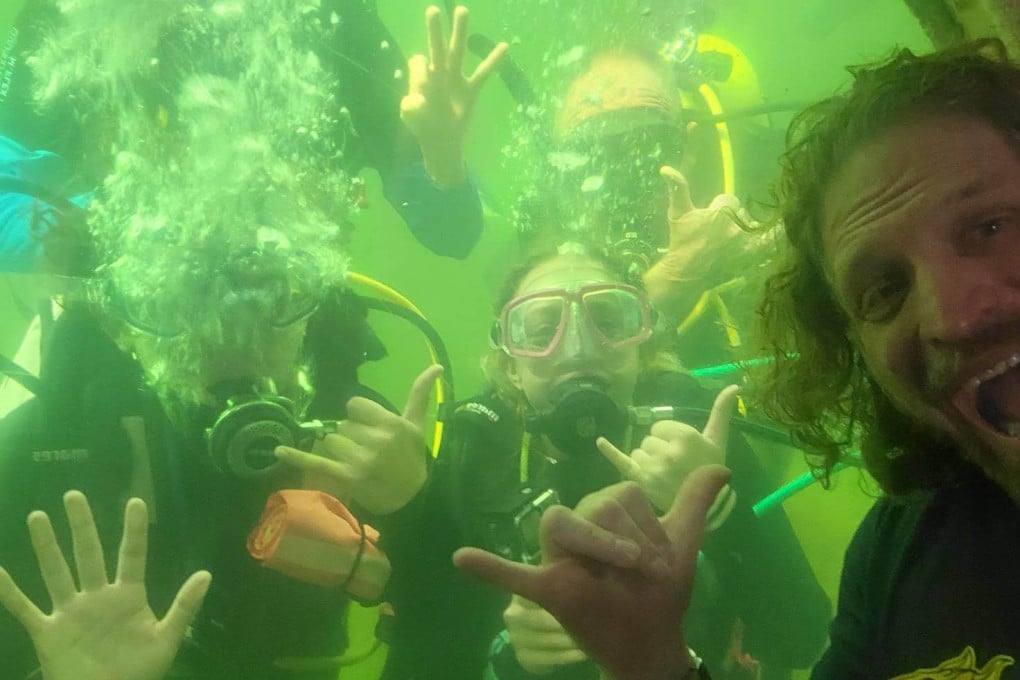Dr Deep Sea’s 100 days living underwater: record-breaking mission to push the human body’s limits – and get kids ‘excited’ about science
- Former US Navy diver turned university researcher Joseph Dituri is spending a record 100 days in an undersea lodge to explore the limits of the mind and body
- He is monitoring how his body changes while welcoming fellow scientists and students, with the grand aim of inspiring children to pursue science

Rodents get a bad rap, but without them scientific progress would be impossible: since mice and rats have largely the same genetic make-up as humans, they make up about 99 per cent of all laboratory animals.
What’s good for the mouse is not always good for the human, though. To fully understand the ways in which we can improve our lives, we require studies on actual human beings.
Enter American scientist Joseph Dituri, also known as Dr Deep Sea.
He’s less mouse, more human guinea pig. On the day we spoke he was enjoying his 33rd consecutive day underwater in a 9.3 square metre (100 sq ft) pressurised habitat nearly 7 metres (22 feet) below the surface at Jules’ Undersea Lodge in Key Largo, in the US state of Florida.

Dituri, 55, spent 28 years as a diving officer with the United States Navy, and, following his retirement as a commander in 2012, enrolled at the University of South Florida.
After seeing a number of fellow officers sustain life-altering brain damage, he wanted to learn about helping people with traumatic brain injuries to heal.